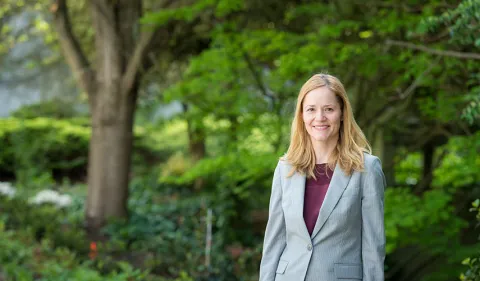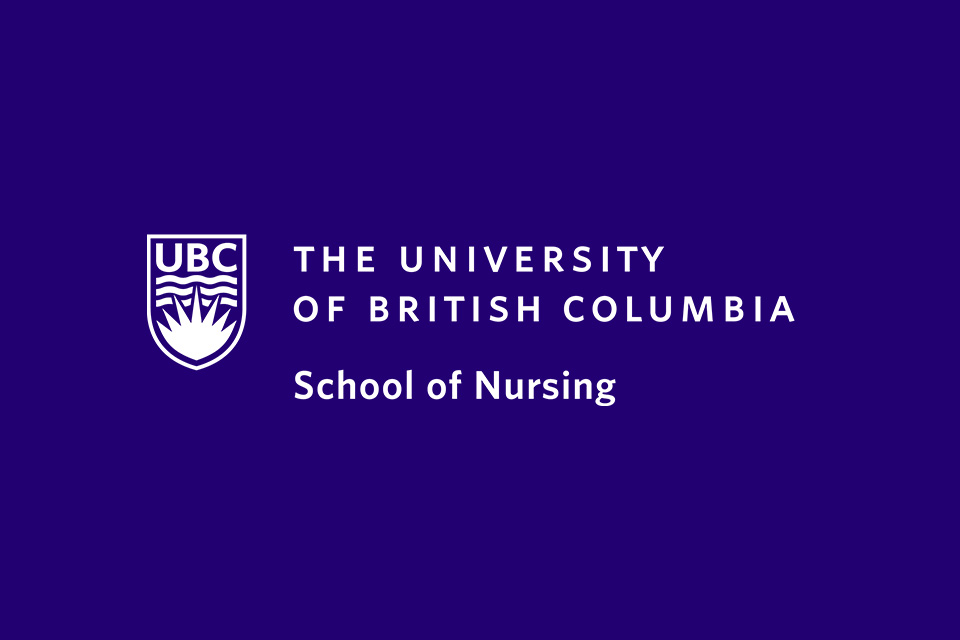
March 3, 2020
Dr. Fuchsia Howard Leads Research Project to Investigate Unplanned Hospital Readmission Following Critical Illness Survival.
The UBC School of Nursing’s Dr. Fuchsia Howard and fellow researcher Gregory Halijan have recently been awarded a grant from CIHR of $348,076 for their current project, titled “Unplanned Hospital Readmission Following Critical Illness Survival: An Investigation of the Survivor-Family Dyad.”
While the survival rates of visits to the ICU have been steadily increasing over the years, readmission rates in the year following a stay at ICU are high. In Canada, the number of return patients can range from 38 to 41%. Almost half of the patients being treated in ICU will go on to suffer new or potentially even worse physical, cognitive, and psychiatric complications. This is referred to as post-intensive care syndrome. Why is this happening? What has been causing these further health complications? The investigators hypothesize the high number of unplanned returns to the hospital is a result of insufficient care at home.
In order to cope with post-intensive care syndrome, family members usually become informal caregivers, and often suffer physical and mental health impairment of their own. As a result, they often experience loss of employment, financial difficulties, and low quality of life. These complex, long-term complications often go unrecognized or untreated in the community, and result in survivor dependence on acute care services. While person-centered care entails addressing what matters most to survivors and families, there is limited understanding of what this even is, or how this influences health services use, eventually culminating in hospital readmission.
The aim of Dr. Howard’s research is to describe the relationship between ICU survivors, their family caregivers, and the healthcare system from the perspective of the survivor-family dyad, what matters to this dyad, and how this relationship influences unplanned hospital readmission. Through this process they will be interviewing survivors, family caregivers, and health care providers to develop an explanatory model, which will be extended and refined through focus groups across the Province of British Columbia.
Team leads - Fuchsia Howard and Gregory Haljan (Fraser Health & UBC Medicine)
Co-investigators from the UBC SON - S. Thorne, L. Currie, S. Crowe (affiliate faculty)
Additional Co-Is - Drs Rakesh Arora (U of Manitoba), Anish Mitra (Fraser Health), Robert McDermid (Fraser Health & UBC Medicine)


